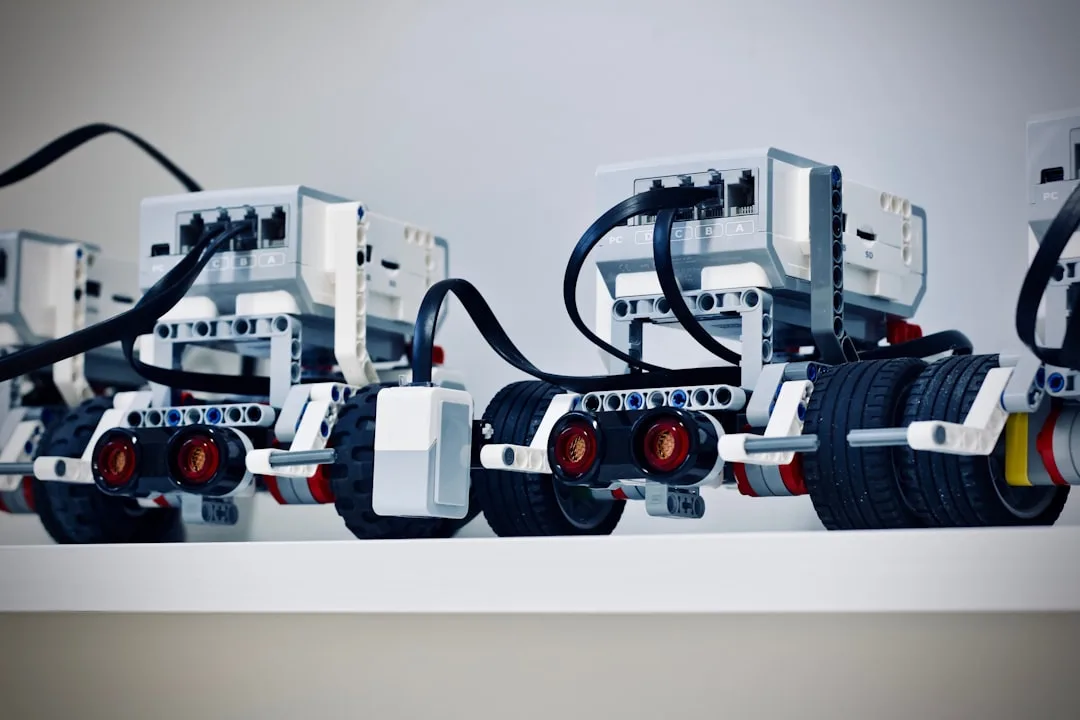
Newsletter Subscribe
Enter your email address below and subscribe to our newsletter

Enter your email address below and subscribe to our newsletter

Artificial intelligence is rapidly reshaping the landscape of everyday technology. From smart home devices to customer service chatbots, AI’s influence is both pervasive and profound.
In the realm of AI innovation, several key players are making significant strides. Companies like OpenAI, known for its development of models like GPT-4, and Google, with its AI division DeepMind, are pushing the boundaries of what is possible with AI. These organizations are at the forefront of developing technologies that are increasingly becoming integral to daily tech experiences.
For instance, OpenAI’s GPT-4 model has been integrated into various applications, enhancing capabilities in natural language processing. Meanwhile, Google’s DeepMind continues to make headlines with advancements in AI research, including breakthroughs in protein folding predictions, which have implications beyond tech, extending into healthcare and pharmaceuticals.
Other companies, such as Amazon and Microsoft, are also key players, utilizing AI to improve their cloud services and consumer products. Amazon’s Alexa and Microsoft’s Azure AI are prime examples of how AI is being used to enhance user experience and business operations.
The integration of AI into everyday technology has profound implications across various industries. In the consumer electronics sector, AI is enhancing user experience through personalization and automation. Smart home devices, powered by AI, can now learn user preferences and adjust settings automatically, providing a seamless experience.
In the realm of customer service, AI-driven chatbots are becoming more sophisticated, providing faster and more efficient responses to customer inquiries. This not only improves customer satisfaction but also reduces operational costs for companies.
Furthermore, AI is driving innovation in sectors like healthcare and finance. In healthcare, AI is being used for predictive analytics, helping in early disease detection and personalized treatment plans. In finance, AI algorithms are employed for fraud detection and risk management, offering more robust security measures for financial institutions.
For a more in-depth look at AI’s impact on specific industries, check out our post on AI in Healthcare and Fintech Innovations.
The rapid advancements in AI are not just transforming technology but are redefining the way we interact with it. As AI continues to evolve, we can expect even more personalized and efficient tech experiences. However, this also raises questions about data privacy and ethical AI use. It is crucial for companies to navigate these challenges responsibly, ensuring AI technology is developed and used ethically.
Looking ahead, the potential for AI to revolutionize industries is immense. We predict that AI will continue to become more embedded in everyday tech, leading to innovations that we have yet to imagine. The key will be for companies and developers to focus on creating AI solutions that are not only cutting-edge but also ethical and inclusive.
The impact of AI on everyday technology is akin to the industrial revolution for the digital age. Just as steam engines transformed industries in the past, AI is fundamentally altering how we interact with technology today. The key difference is the speed at which AI is evolving, outpacing traditional innovation cycles and prompting rapid adaptation across sectors.
Stay ahead of the curve by experimenting with AI tools in your personal or professional projects. Consider testing beta versions of AI-driven applications to understand their capabilities and limitations. For more insights, follow our series on AI Trends and Innovations and subscribe to our newsletter for the latest updates in AI technology.